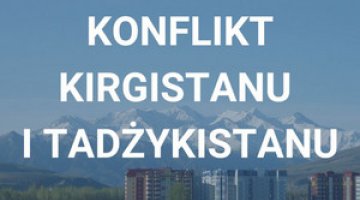Tajikistan: Government announces death of armed opposition leader
On 15 April, Tajikistan’s armed forces reported the elimination of a ten-person group of combatants under the command of Abdullah Rakhimov (also known as Mullo Abdullo) during a special operation in the east of the country. If this information is confirmed, it will be a public relations success for Tajikistan’s government, as Rakhimov had been presented as the leader of the armed opposition and the main perpetrator of the violent destabilisation (a series of attacks on government forces) of the east of the country in the second half of last year. Nevertheless, it is hard to say to what extent this will stabilise the situation in this part of Tajikistan.
Starting last autumn, the government carried out several special operations in eastern Tajikistan aimed at eliminating militant groups based there. The last such to be reported by the media took place at the beginning of January, and resulted in the liquidation of another leader of the armed group, Ali Bedaki. According to official statements, all the subsequent actions were intended to definitively solve the problem of the instability in the east of the country. In fact, however, the central authorities’ control over the east has remained incomplete and conditional, and relative peace has only been maintained by a temporary cease-fire negotiated with the militants (this version of events was confirmed on 16 February this year, in a statement to the US Senate Commission by the US President’s Director of National Intelligence, James R. Clapper).
The death of Mullo Abdullo is a public relations success for the government of Tajikistan. However, it does not seem likely to permanently resolve the problem of Dushanbe’s weak control over the east of the country. Other obstacles to stability are the country’s growing socio-economic and political problems, the confrontational political style of President Emomali Rakhmon, and the weakness of the state’s institutions (including the military), not to mention its proximity to Afghanistan. <MMat>



